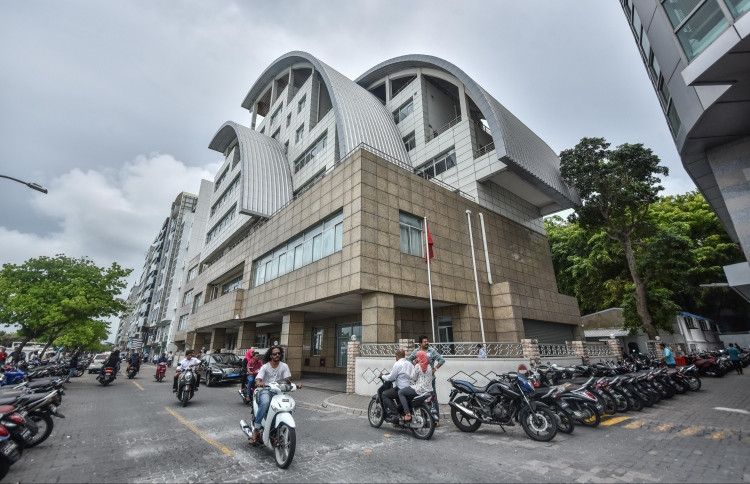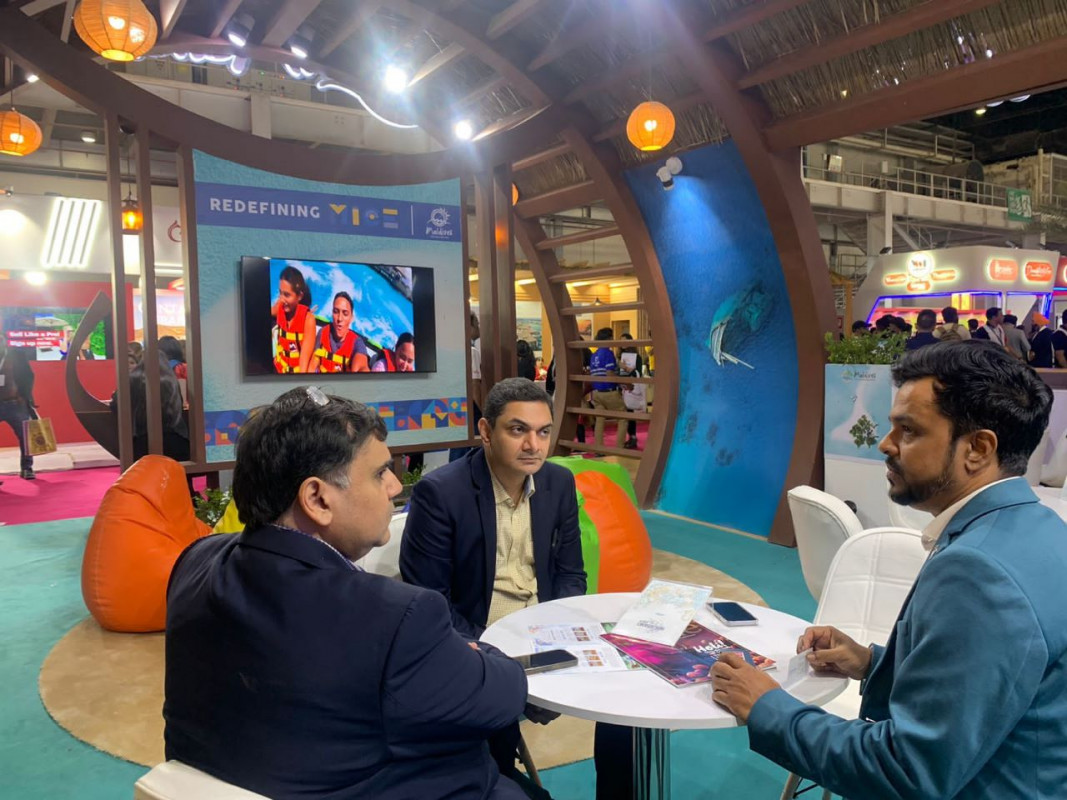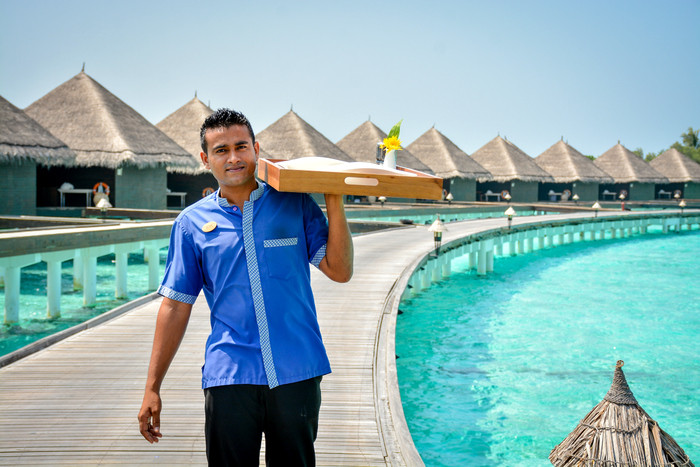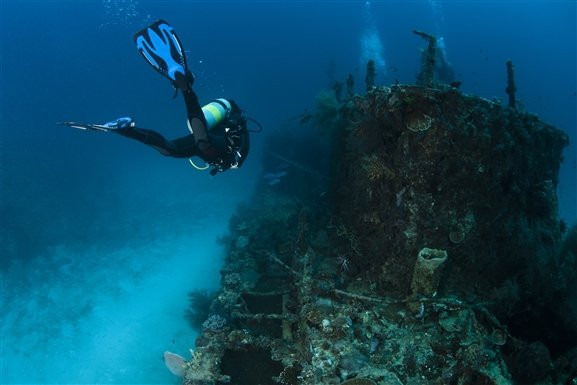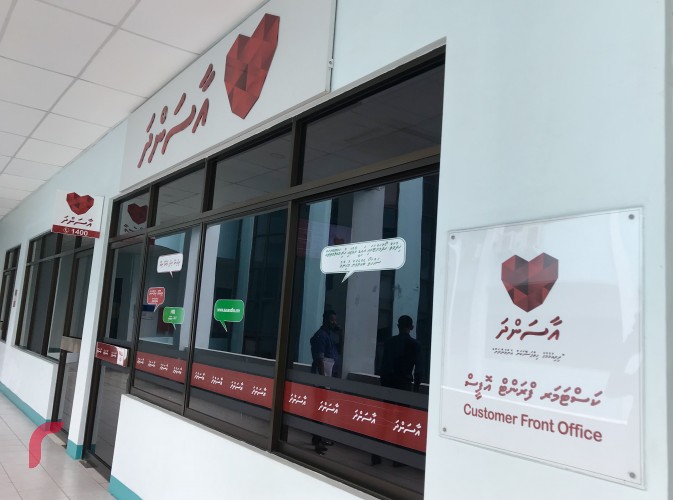Tourism industry faces backlash over mounting reports of environmental irresponsibility
Police and EPA currently investigating the case of parties associated with Gili Lankanfushi deliberately damaging a sandbank to the southwest of K. Himmafushi

Videos circulating on social media in relation to the incident on Friday, show members of the public approaching and questioning alleged associates of the Gili Lankanfushi Maldives
The past few months have seen members of the public take to social media to express outrage towards the Tourism Industry, alleging that industry stakeholders enjoy disconcerting degrees of impunity when conducting activities that damage the natural environment of the Maldives in clear violation of existing laws.
The most recent such case came to light on Friday when Maldives Police Service (MPS) and the Environmental Protection Agency (EPA) began investigating the case of a sandbank being deliberately damaged near the island of K. Himmafushi.
Videos were circulating on social media in relation to the incident on Friday, showing members of the public approaching and questioning alleged associates of the Gili Lankanfushi Resort after having come across them near the damaged sandbank. Some voiced concerns that the associates of the Gili Lankanfushi Resort had deigned to destroy the sandbank as locals from Himmafushi island were utilizing it for recreation and leisure, and because it was no longer viable as an exclusive location for guests staying at the Gili Lankanfushi Resort. The sandbank, which appears seasonally, is located to the southwest of Himmafushi inside the area under the administrative jurisdiction of the Himmafushi Island Council.
Further, one of the associates of Gili Lankanfushi Resort, who was at the sandbank at the time the alleged digging of the trench occurred, is reported to be the General Manager of the resort, David Stepetic. He also identifies himself as such in the video recorded by the locals who came across him and other employees of the Gili Lankanfushi resort at the site of the sandbank on Thursday night, after the group had allegedly dug a trench along the sandbank in order to destroy it.
Amid the controversy, Ex-Minister for Transport and Communication under Former President Nasheed's administration and veteran of the tourism industry, Adil Saleem remarked that it was the prerogative of Gili Lankanfushi Resort to remove the sandbank if it is located within the resort's property boundary, or if the resort had created the sandbank through artificial means. Member of Parliament for Thulhaadhoo Constituency Hisaan Hussain responded to Adil Saleem's comments by stating that even in such an event, explicit approval from EPA was needed before any measures could be undertaken to destroy or remove the sandbank.
Speaking to Raajje MV about the issue, Director General of EPA Mohamed Naeem said that deliberately destroying a sandbank was not an acceptable act at all, stressing that the EPA would not back down in taking action against perpetrators once investigation was complete. According to the Environment Protection and Preservation Act of Maldives (No.: 4/93) a fine that does not exceed MVR 100,000,000 can be levied for major offenses in relation to damaging the environment.
Members of the public have been vocal in their outrage against resort operators in recent months as their actions are in clear violation of environment preservation laws in the Maldives. During a session for the Parliamentary Committee on Environment and Climate Change held on Monday, Secretary General for the Maldives Association of Tourism Industry (MATI) Ahmed Nazeer declared that they could not immediately put a halt to resorts dumping food and other waste into the ocean, and that it would be especially difficult for safaris and other liveaboard vessels to do so. However, he said that the matter could be resolved, if the government provided the means to do so including proper waste management systems.
The Parliament Committee meeting was held with stakeholders from MATI, Ministry of Environment, EPA and Waste Management Corporation Ltd. (WAMCO) to review the issue of resorts dumping waste into the ocean.
Tourism is the fulcrum of the Maldivian economy and is wholly reliant on the natural beauty of the Maldivian environment; 99 percent of the nation’s territory is comprised of the ocean. While tourists in the Maldives may enjoy a range of amnesties while staying in any one of many luxury resorts, locals have been raising concerns over the last few years of differential and discriminatory treatment when accessing beaches and sandbanks on islands where hotels and guesthouses are operated for tourists. Many citizens now express feeling like second-class citizens on islands where tourists are given top priority in experiencing the natural beauty of the country, despite it being the birthright of those native to the Maldives.
President Ibrahim Mohamed Solih’s administration acknowledges the vulnerability of Maldivian citizens to climate change, and aims to step up efforts to transition into a more sustainable, “blue” economy by strengthening the country’s Nationally Determined Contributions under the Paris Agreement. Further, President Solih’s government launched the “NooRaajje” campaign in association with The Blue Prosperity Foundation on 7 December last year, which aims to protect at least 20 percent of the Maldives’ ocean territory in order to support sustainable development for communities as well as the nation’s economy by safeguarding the environment.

